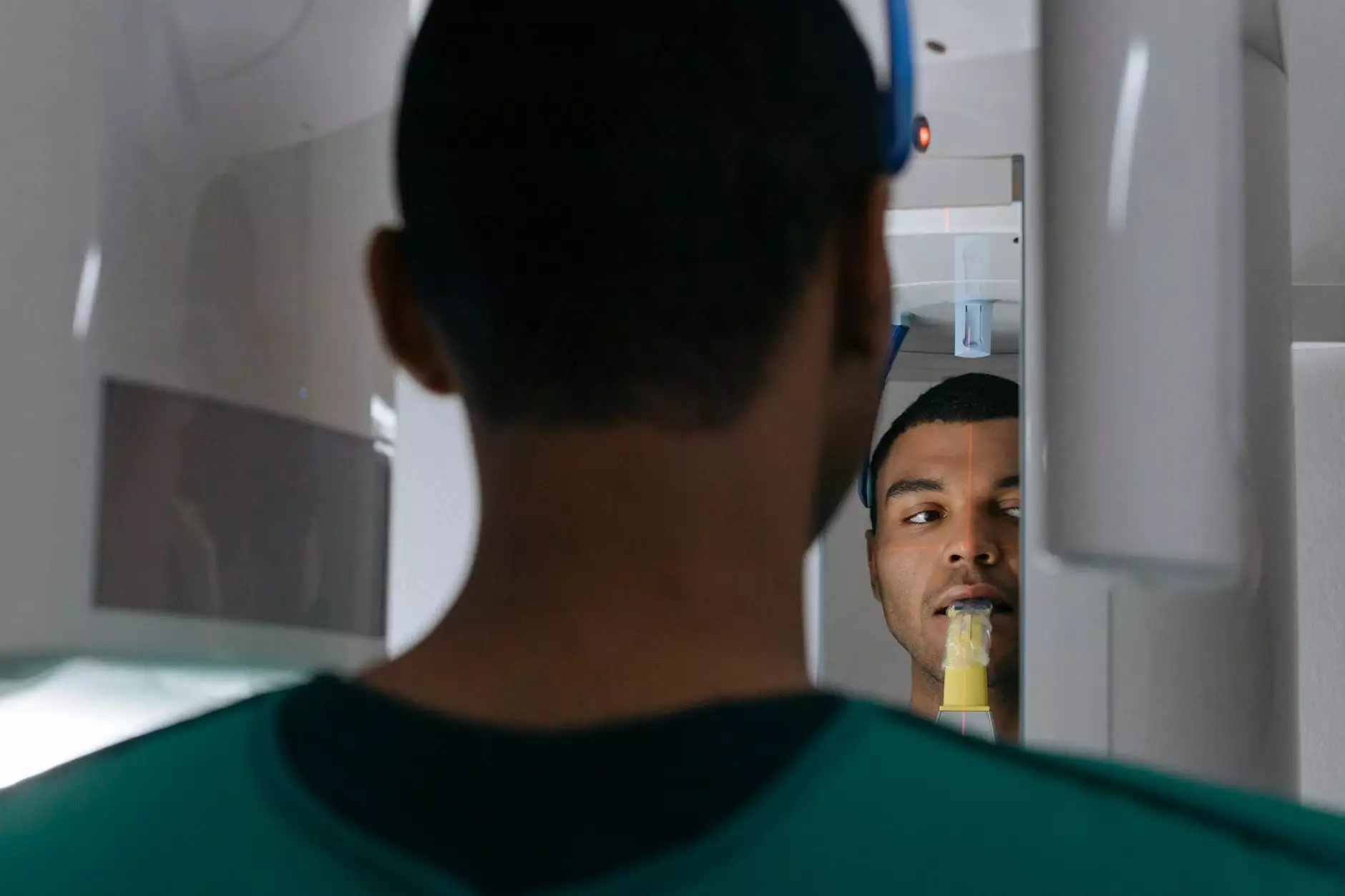Expert Insights on Lung Cancer Screening: Protecting Your Future with Early Detection

In today's rapidly evolving healthcare landscape, early detection of critical diseases like lung cancer has become a cornerstone of effective treatment and improved survival rates. Lung cancer screening plays a vital role in identifying the disease at its earliest stages, often before symptoms even appear. This comprehensive guide explores everything you need to know about lung cancer screening, its importance, the most effective methods, and how specialized health services such as those at hellophysio.sg in Singapore can assist in maintaining your respiratory health through tailored medical and physical therapy programs.
Understanding Lung Cancer and Its Impact on Health & Medical Care
Lung cancer remains one of the most prevalent and deadly cancers worldwide, responsible for a significant proportion of cancer-related fatalities. Its insidious development often leads to late-stage diagnosis due to subtle initial symptoms, such as persistent cough, fatigue, or shortness of breath, which many individuals dismiss or overlook.
In the context of health & medical and sports medicine, early intervention through strategic lung cancer screening can dramatically shift the outcomes for those at risk. Recognizing the importance of routine screening, especially for high-risk groups such as smokers or individuals with a history of exposure to carcinogens, is essential for proactive healthcare management.
The Significance of Lung Cancer Screening in Preventive Healthcare
Why Is Lung Cancer Screening Crucial?
- Early Detection Saves Lives: Detecting lung cancer early considerably increases the chances of successful treatment and survival.
- Reduces Disease Burden: Regular screening helps catch the disease before it metastasizes, minimizing complex and costly treatments later.
- Identifies High-Risk Individuals: Screening programs focus on people with a higher probability of developing lung cancer, ensuring targeted and effective use of medical resources.
Risks of Delayed Diagnosis
Failing to undergo recommended screening can lead to late-stage diagnosis, when treatment options are limited and prognosis is poor. Therefore, incorporating lung cancer screening into routine health checks becomes a critical component of comprehensive healthcare, especially for vulnerable populations.
Modern Methods of Lung Cancer Screening: Techniques and Technologies
Low-Dose Computed Tomography (LDCT)
The most widely adopted and evidence-backed method for lung cancer screening is Low-Dose Computed Tomography (LDCT). This imaging technique uses low levels of radiation to generate detailed cross-sectional images of the lungs, enabling clinicians to identify suspicious nodules or tumors at an early stage.
Advantages of LDCT include:
- High Sensitivity: Capable of detecting small lung nodules not visible through traditional chest X-rays.
- Minimally Invasive: It involves a simple scan procedure without the need for surgical intervention.
- Cost-Effective: Offers a balance between diagnostic accuracy and affordability for screening programs.
Supplementary Screening Techniques
Aside from LDCT, other methods may include chest X-rays in specific cases, sputum cytology, and emerging biomarkers. However, LDCT remains the gold standard for initial screening aimed at early detection of lung cancer in high-risk populations.
Who Should Consider Lung Cancer Screening?
While lung cancer screening is not universally recommended for everyone, certain groups are identified as high-risk and benefit most from regular screening:
- Age: Typically recommended for individuals aged 55 to 80 years.
- Smoking History: Current or former smokers with a history of at least 30 pack-years.
- Exposure to Carcinogens: Occupational exposure to asbestos, radon, or other known carcinogens.
- Family History: A familial predisposition to lung cancer.
- Other Respiratory Conditions: Chronic obstructive pulmonary disease (COPD) or fibrotic lung diseases increasing risk.
Individuals in these groups should consult with healthcare professionals to determine the appropriate screening schedule, integrating findings into overall health and medical planning.
Implementing Lung Cancer Screening in Comprehensive Healthcare Plans
Role of Physical Therapy and Sports Medicine
Incorporating physical therapy and sports medicine into your overall health plan can significantly enhance your respiratory capacity and recovery from pulmonary issues. Especially post-diagnosis or post-treatment, tailored therapy programs can:
- Improve lung function and breathing efficiency
- Reduce fatigue and enhance physical stamina
- Help manage side effects of treatments like surgery or chemotherapy
- Support overall wellness and respiratory muscle strengthening
Holistic Approach to Lung Health at hellophysio.sg
At hellophysio.sg, we prioritize a holistic approach to health & medical care, combining early detection strategies like lung cancer screening with targeted physical therapy, rehabilitation, and lifestyle counseling. Our team of specialists collaborates to create personalized treatment plans tailored to each patient’s unique medical history and physical condition, ensuring an optimal pathway toward respiratory health and overall well-being.
Why Choose Professional Health Services for Lung Cancer Screening and Respiratory Care?
- Expertise and Guidance: Leading healthcare providers with extensive experience in respiratory health.
- Advanced Technologies: Access to cutting-edge imaging and diagnostic tools.
- Personalized Care: Customized screening and treatment programs based on individual risk factors.
- Integrated Services: Combining medical screening with physical therapy and lifestyle counseling for comprehensive health management.
- Patient Education: Empowering patients with knowledge about risk factors, early warning signs, and preventive measures.
Taking Action Today: Your Path to Effective Lung Cancer Prevention
Prevention and early detection are keys to combating lung cancer effectively. Regular lung cancer screening, particularly LDCT, combined with a healthy lifestyle, smoking cessation, and respiratory health maintenance through professional physical therapy, can significantly lower your risk and improve your quality of life.
Start by consulting with healthcare specialists at hellophysio.sg to evaluate your risk factors and create a personalized screening schedule. Remember, your proactive attitude towards health today can lead to healthier, longer life tomorrow.
Conclusion: Invest in Your Respiratory Health with Expert Support
In the realm of health & medical care, lung cancer screening stands as a pivotal preventive measure that saves lives and enhances health outcomes. Whether you're at high risk or seeking to optimize your respiratory health, accessing expert services and staying informed empower you to make timely decisions. Remember, early detection coupled with comprehensive care from professionals like those at hellophysio.sg provides the best path toward a healthier future.
Take control of your lung health today—schedule your screening, embrace a healthier lifestyle, and benefit from the integrated physical therapy and medical services available to you. Your lungs deserve the best care—invest in their health now for a better tomorrow.









